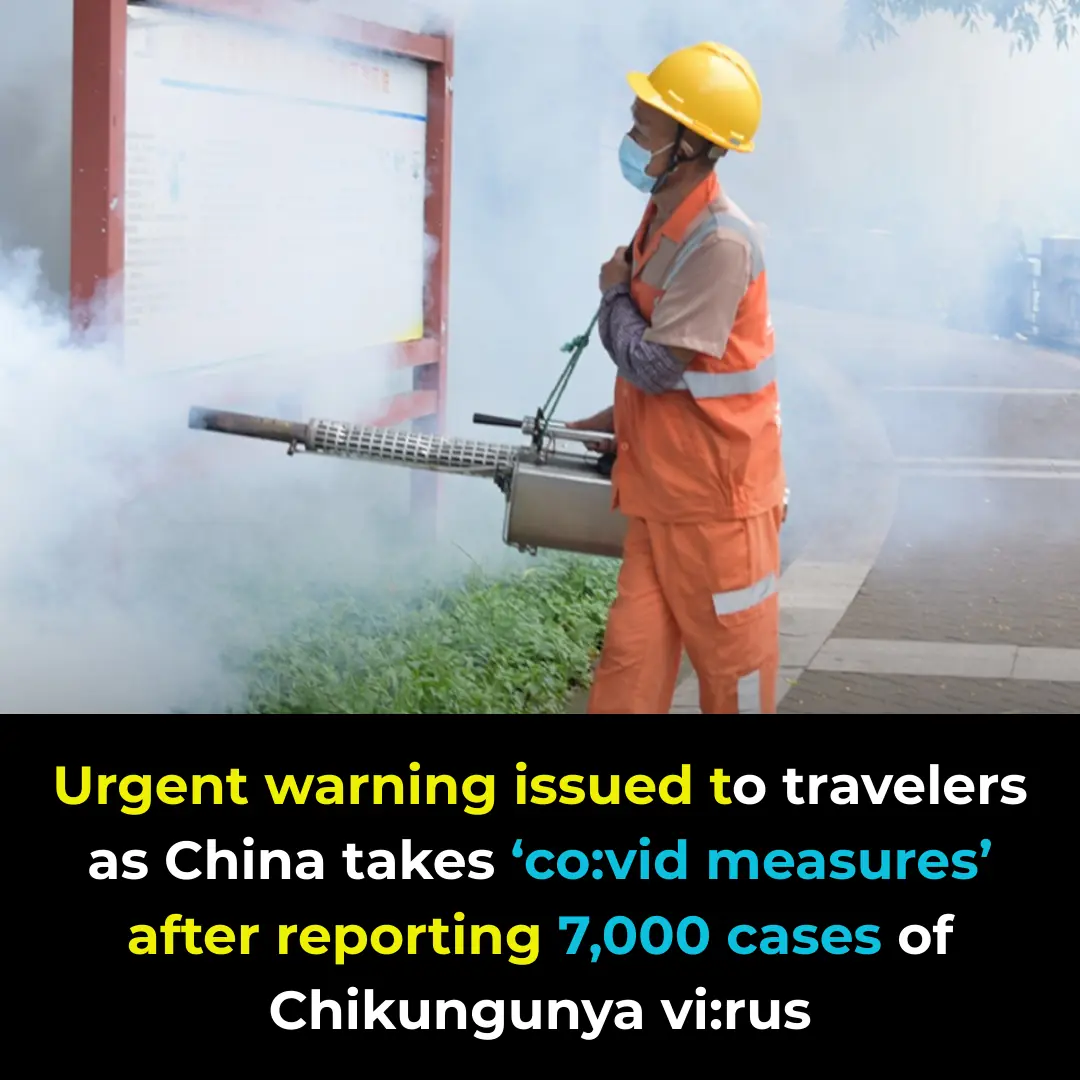
Signs to look out for amid Gordon Ramsay's health warning after undergoing cancer surgery
Gordon Ramsay Issues a Health Warning After Revealing His Skin Cancer Diagnosis
Gordon Ramsay, the world-renowned celebrity chef, has recently issued an urgent health warning to his fans after disclosing that he was diagnosed with basal cell carcinoma, a common form of skin cancer.
On August 30, the 58-year-old chef took to Instagram to share several candid photographs of his post-surgery scars, documenting the reality of his treatment. In one image, Ramsay can be seen with a medical dressing covering a wound beneath his left ear. Another close-up photo showed stitches where doctors had carefully removed the cancerous growth.
Alongside the images, Ramsay expressed his gratitude:
"Grateful and so appreciative for the incredible team at The Skin Associates and their fast, reactive work on removing this Basal Cell Carcinoma – thank you."
He also used the opportunity to remind his 19 million Instagram followers to take sun protection seriously, adding: "Please don’t forget your sunscreen this weekend."
With his trademark humor, Ramsay assured his audience that he hadn’t undergone cosmetic surgery, joking that if it looked like a facelift, he’d “need a refund.”
What Exactly Is Basal Cell Carcinoma?

Gordon Ramsay shared a photo of the site where he had the cancer removed (gordongram/Instagram)
Basal cell carcinoma (often abbreviated as BCC) is the most common form of skin cancer. According to the Mayo Clinic, this cancer originates in the basal cells, which are responsible for producing new skin cells as older ones die off.
The Skin Cancer Foundation notes that around 3.65 million cases of BCC are diagnosed each year in the United States alone. Although it rarely spreads to other organs, it can cause significant local damage if not treated promptly.
Warning Signs You Shouldn’t Ignore
Basal cell carcinoma often develops in areas of the skin that receive frequent sun exposure, such as the face, neck, or arms. However, it is important to remember that it can occur anywhere on the body, even in less obvious spots.
The Skin Cancer Foundation highlights several symptoms to watch for:
-
An open sore that does not heal.
-
A reddish patch or irritated area of skin.
-
A shiny bump or nodule, often pearly or clear in color, though sometimes pink, red, or even white.
-
A small pink growth that may enlarge over time.
-
A scar-like area with poorly defined borders.
If two or more of these signs appear, it could be an indication of a basal cell carcinoma tumor, and immediate medical attention is advised.
How Can You Protect Yourself?

People are most likely to develop basal cell carcinoma on bits of skin often exposed to the sun (Getty Stock)
The best way to prevent BCC is by reducing exposure to ultraviolet (UV) rays, both from the sun and from artificial sources such as tanning beds.
The American Cancer Society recommends several protective measures:
-
Cover up in the sun: wear long sleeves, wide-brimmed hats, and protective sunglasses.
-
Apply sunscreen daily, even on cloudy days, choosing one with a broad spectrum SPF.
-
Avoid tanning beds and sun lamps, as these can cause severe long-term skin damage.
Special attention should also be given to children, who often spend extended periods outdoors. The organization advises:
"Parents and other caregivers should protect children from excess sun exposure by using the steps above. Children also need to be taught about the dangers of too much sun exposure as they become more independent."
A Personal Reminder From Ramsay
By sharing his diagnosis and recovery process, Gordon Ramsay has not only raised awareness of skin cancer but also emphasized the life-saving importance of early detection and prevention. His candid message serves as a reminder that even celebrities who appear constantly in the public eye are not immune to the dangers of sun damage.
If you or someone you know has concerns about skin changes or potential symptoms of basal cell carcinoma, consider speaking with a healthcare professional. For confidential support and information, you can contact the American Cancer Society at 1-800-227-2345 or use their live chat service, available 24/7 every day of the year.
News in the same category


Dubai Princess Who Divorced Husband on Instagram Now Engaged to Rapper French Montana
In a twist that has stunned royal watchers and the entertainment world alike, Dubai’s Princess Sheikha Mahra—who publicly divorced her husband via Instagram—has reportedly become engaged to Moroccan-American rapper French Montana. The news comes jus

Military sleep method is 96% successful and will send you to sleep in two minutes
Struggling to sleep? A viral “military sleep method” promises to send you into slumber in just two minutes. With a 96% success rate, it’s being hailed as a game-changer for insomniacs and restless minds alike.
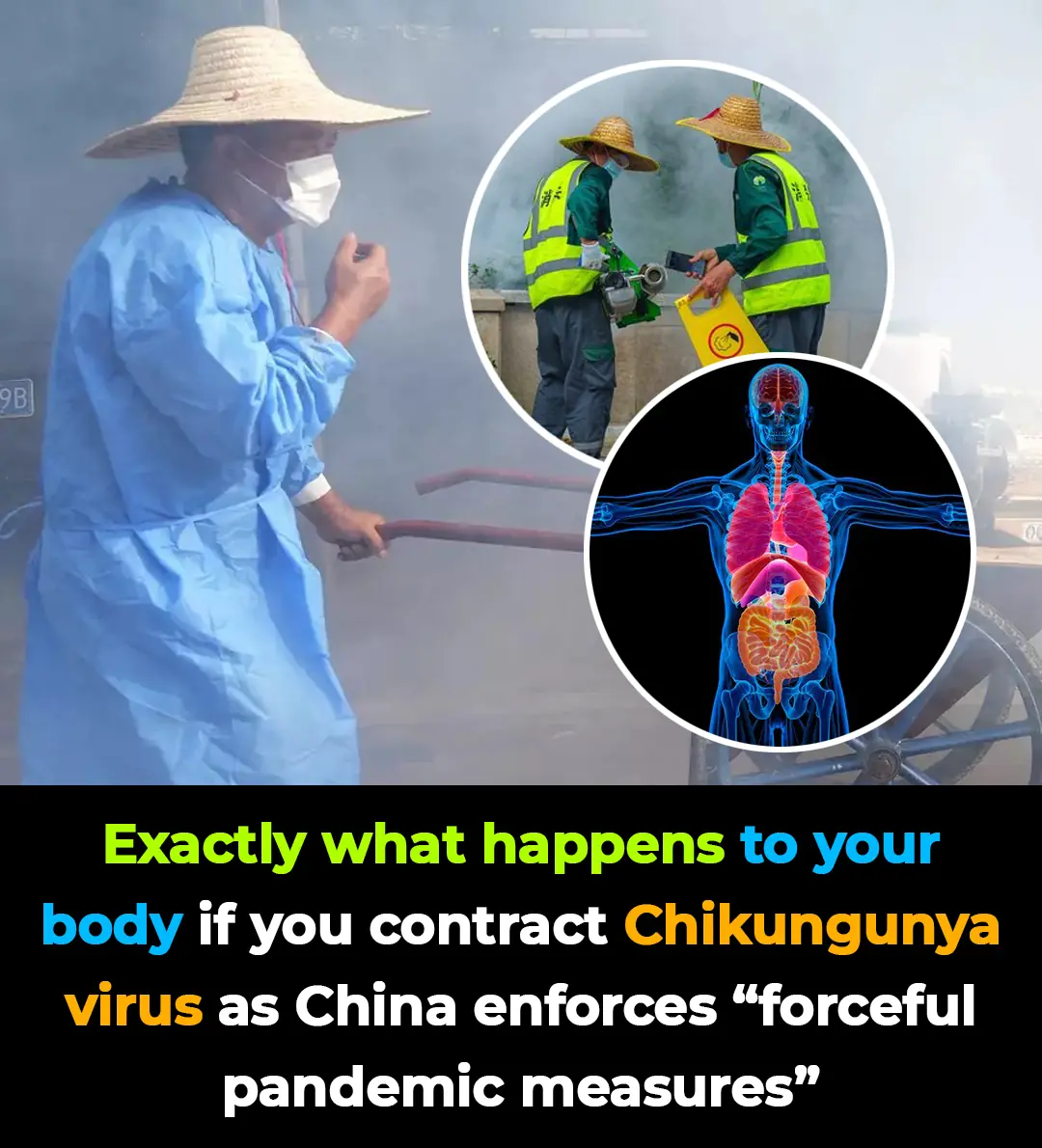
Exactly what happens to your body if you contract chikungunya virus as China enforces 'forceful pandemic measures
Just as the world is still grappling with the lingering effects of COVID-19, a new viral threat has emerged. China is now battling a fast-growing chikungunya outbreak, enforcing strict pandemic-style measures to contain the mosquito-borne disease.
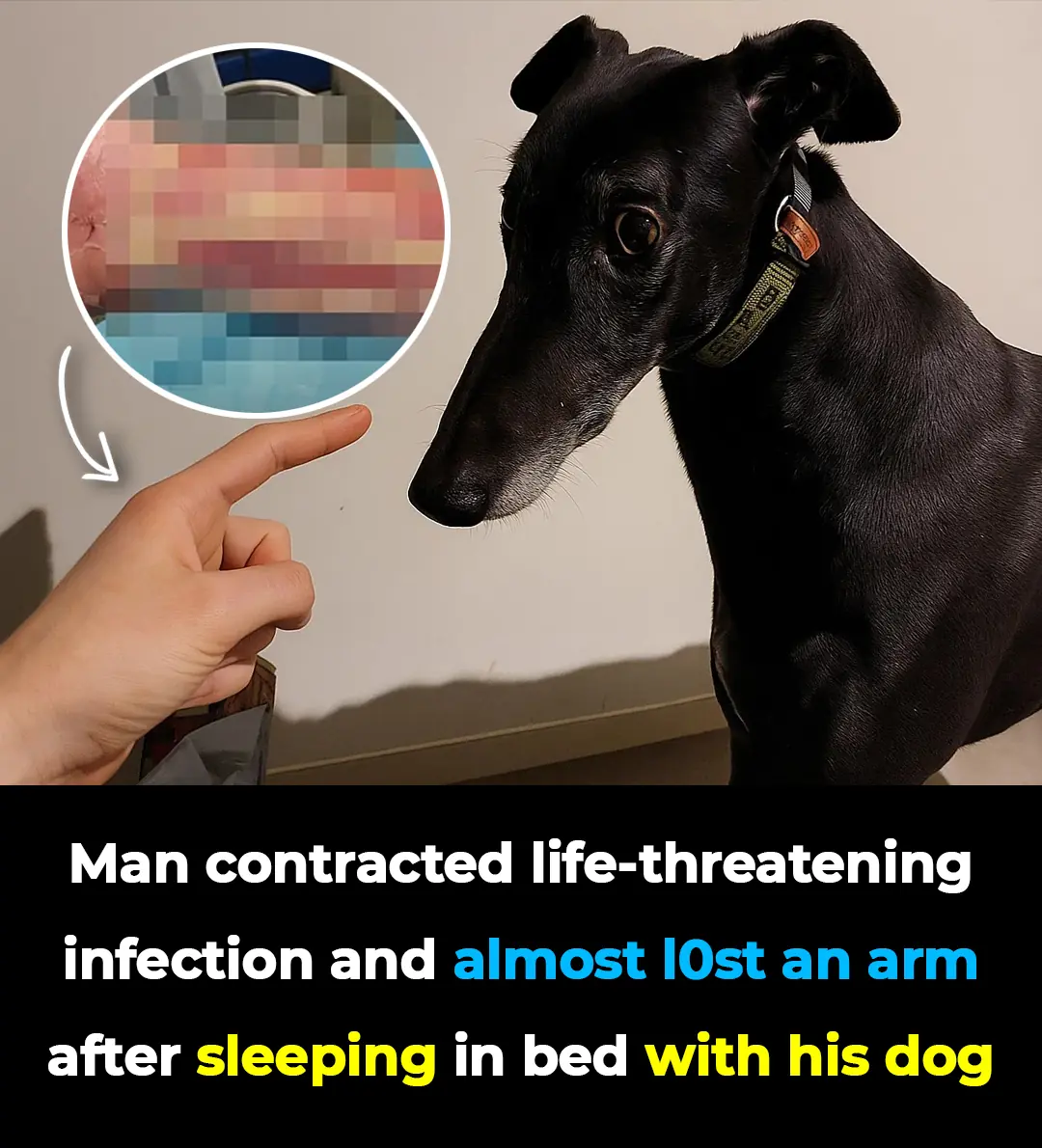
Man contracted life-threatening infection and almost lost an arm after sleeping in bed with his dog
What started as a harmless night sharing a bed with his pet turned into a nightmare. An Australian man contracted a rare, life-threatening bacterial infection after his dog accidentally bit him in his sleep, leaving him close to death and with lasting hea

Google issues warning to billions of Gmail users amid dangerous new scam
Billions of Gmail users are being warned of a dangerous new wave of cyberattacks. Google has confirmed that a notorious hacker group is actively exploiting a massive data breach to infiltrate accounts and extort victims.

Billionaire shares plan for $20 million sub voyage to Titanic site to prove industry is safer after OceanGate disaster
One year after the Titan sub disaster claimed five lives, a billionaire is betting $20 million on a daring new voyage to the Titanic wreck. His mission: prove to the world that deep-sea exploration can be safe.

Masterful Painting Of Jesus By 8-Year-Old—Says She Saw The True Face Of Jesus
At just eight years old, Akiane Kramarik stunned the world by painting what she believed was the true face of Jesus. After being lost, hidden, and nearly forgotten for 16 years, her masterpiece “Prince of Peace” has finally returned to the light—alo
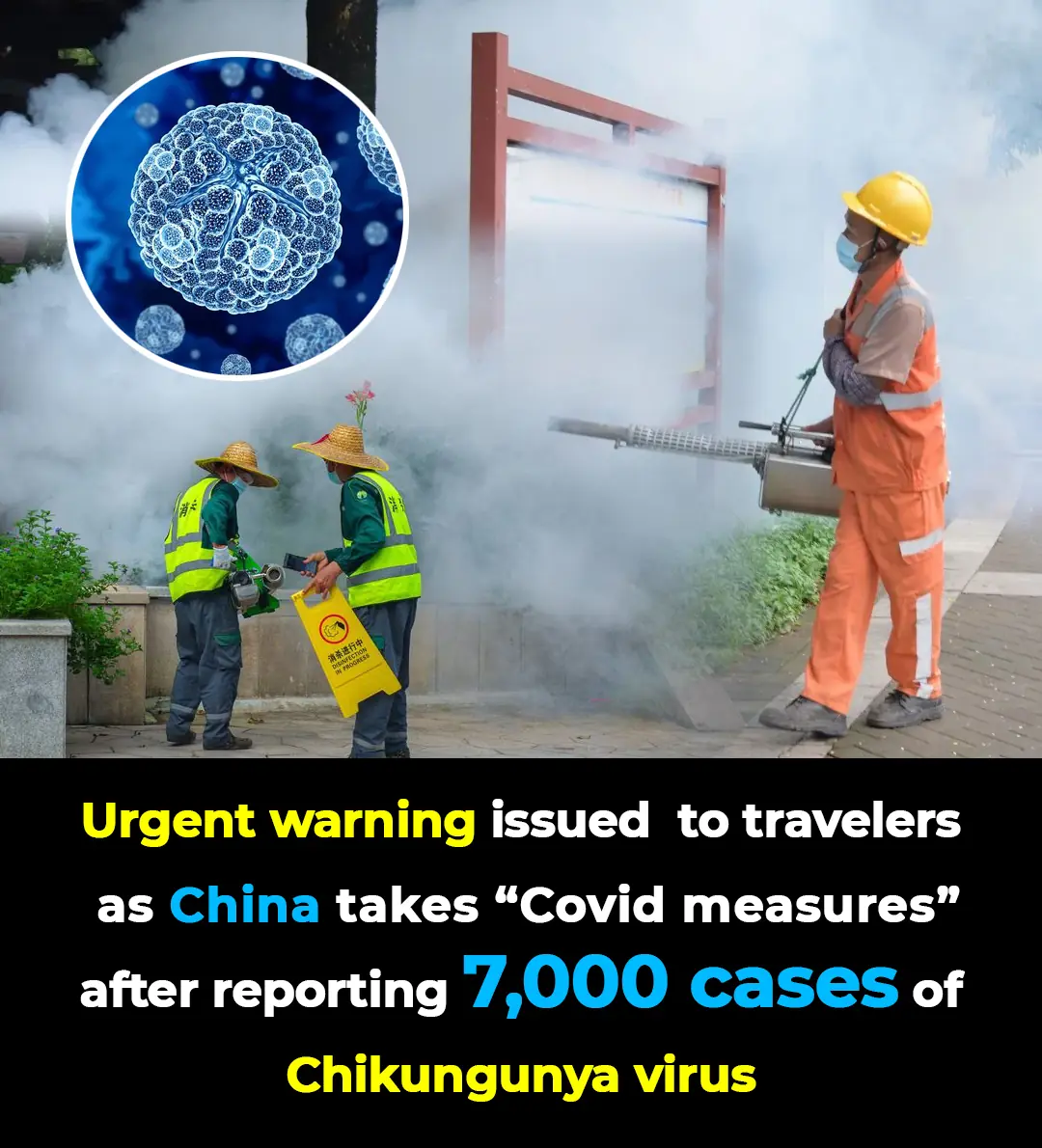
Urgent warning issued to travelers as China takes ‘covid measures’ after reporting 7,000 cases of Chikungunya virus
Following guidance from the World Health Organization, China is focusing on mosquito control as the most effective method to prevent further spread.

US man accidentally buys entire street for $5,000 after thinking he was purchasing vacant lot
An Ohio man thought he had struck a bargain at a county auction. But his dream investment quickly spiraled into a nightmare when he discovered he now owned an entire street by mistake.
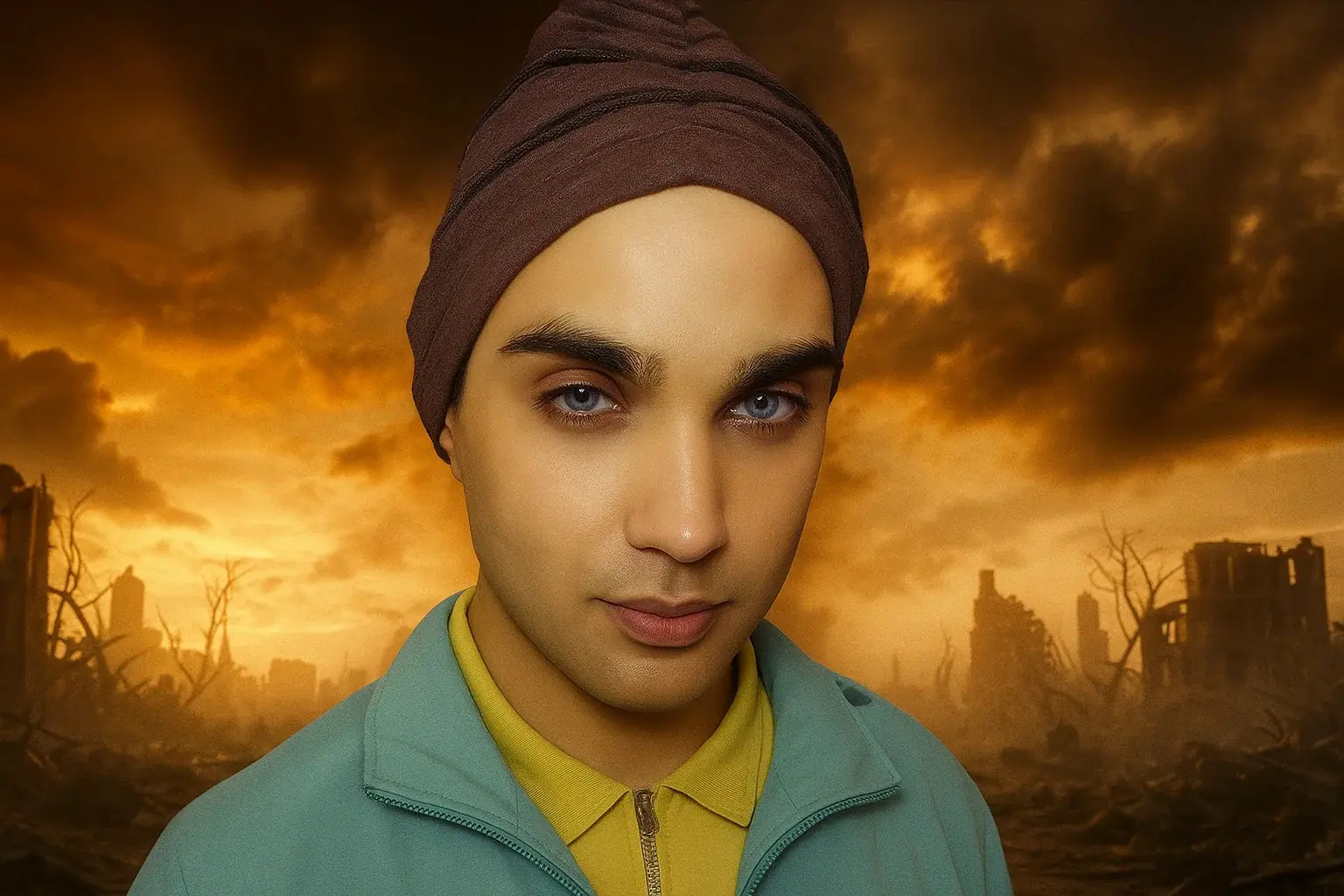
Prophet Who Predicted Covid-19 And Queen’s Death Foresees Chilling Future
A man dubbed the “Living Nostradamus” claims humanity is on the brink of catastrophic upheaval, from cyber warfare and collapsing financial systems to climate chaos. His chilling visions, which he says predicted Covid-19, the Queen’s passing, and ev

Elon Musk warns country with population of 124,000,000 will lose nearly a million people this year
Elon Musk has sounded yet another alarm on the global demographic crisis, warning that one of the world’s largest nations is on track to lose almost a million people in a single year. The billionaire insists the consequences of shrinking populations cou

Southwest Airlines causes outrage at new plus-size policy that will 'literally stop people from flying'
Southwest Airlines, once praised for being customer-friendly, is now facing intense backlash after rolling out a controversial new policy for plus-size travelers. Critics say the rules could price many people out of flying altogether.

Scientists discover two miracles by Jesus 'actually happened' in breakthrough revelation
For centuries, skeptics dismissed the miracles of Jesus as symbolic or exaggerated stories. Now, a groundbreaking scientific study suggests that at least two of his most famous acts may have been rooted in real natural phenomena.

OnlyFans model shows insane yearly earnings as she reveals she made more than LeBron James
At just 20 years old, Sophie Rain says she has earned a jaw-dropping fortune that rivals NBA legend LeBron James. Now, she’s opening up about her wealth, fears, and the surprising way she’s kept her content “PG.”

Machine Gun Kelly Shocks Fans With Claim He Might Be Part Alien After Mom’s “Abduction” Confession
The rapper-turned-rockstar left viewers stunned after suggesting he may not be entirely human. According to MGK, his quick-healing body, missing life details, and his mother’s shocking “alien ab:duction” story have him questioning his true origins.

Travis Kelce’s Dad Spills Exact Details of His Proposal to Taylor Swift—and Fans Can’t Handle It
Taylor Swift and Travis Kelce just broke the internet with their engagement news. Now, Travis’s dad is adding fuel to the frenzy by revealing when and how the Kansas City Chiefs star actually popped the question—and Swifties are in total meltdown.
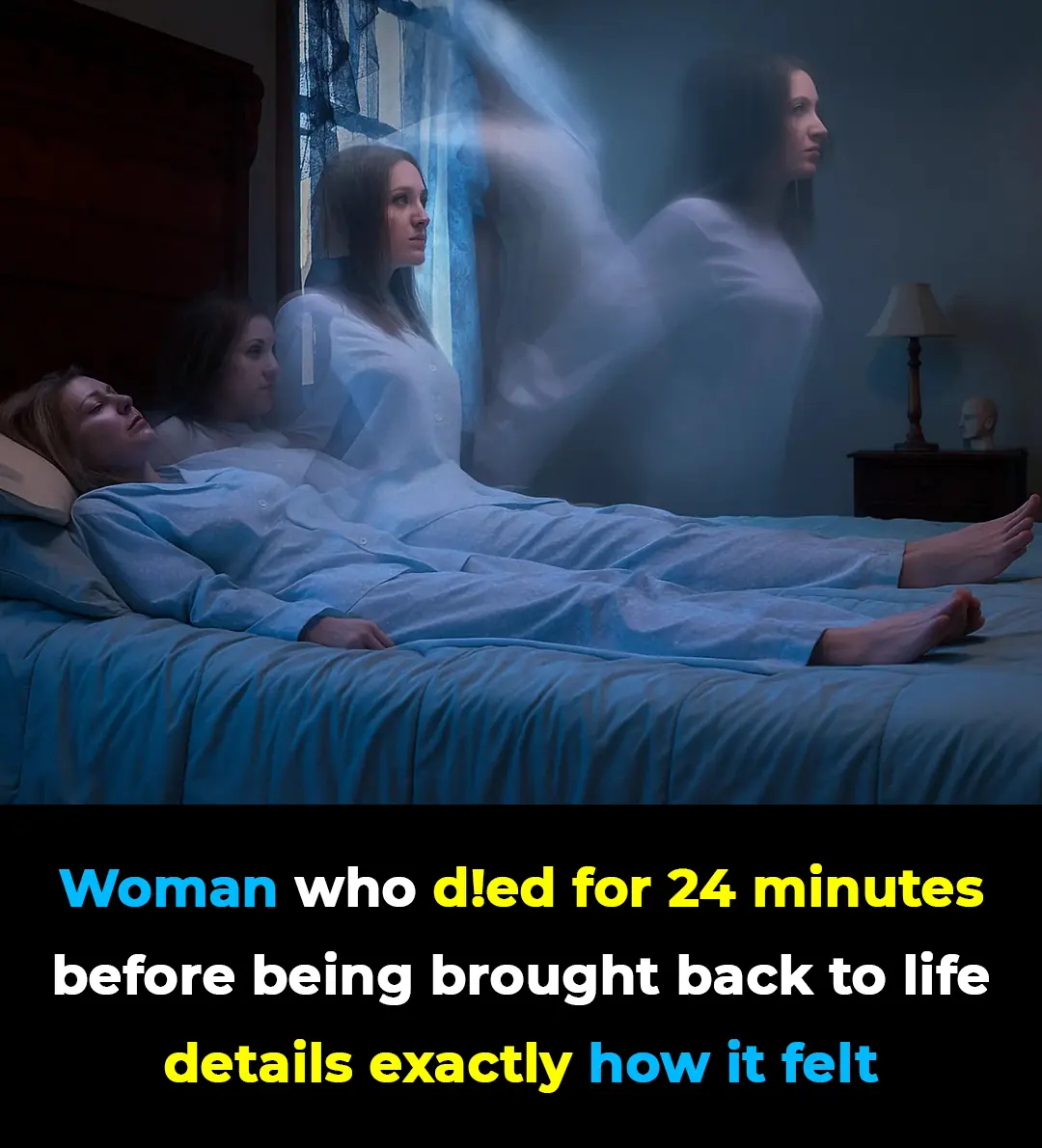
Woman who died for 24 minutes before being brought back to life details exactly how it felt
For nearly half an hour, her heart stopped beating. Against all odds, doctors brought her back—and now she’s sharing the chilling yet strangely comforting details of what she experienced on the other side.
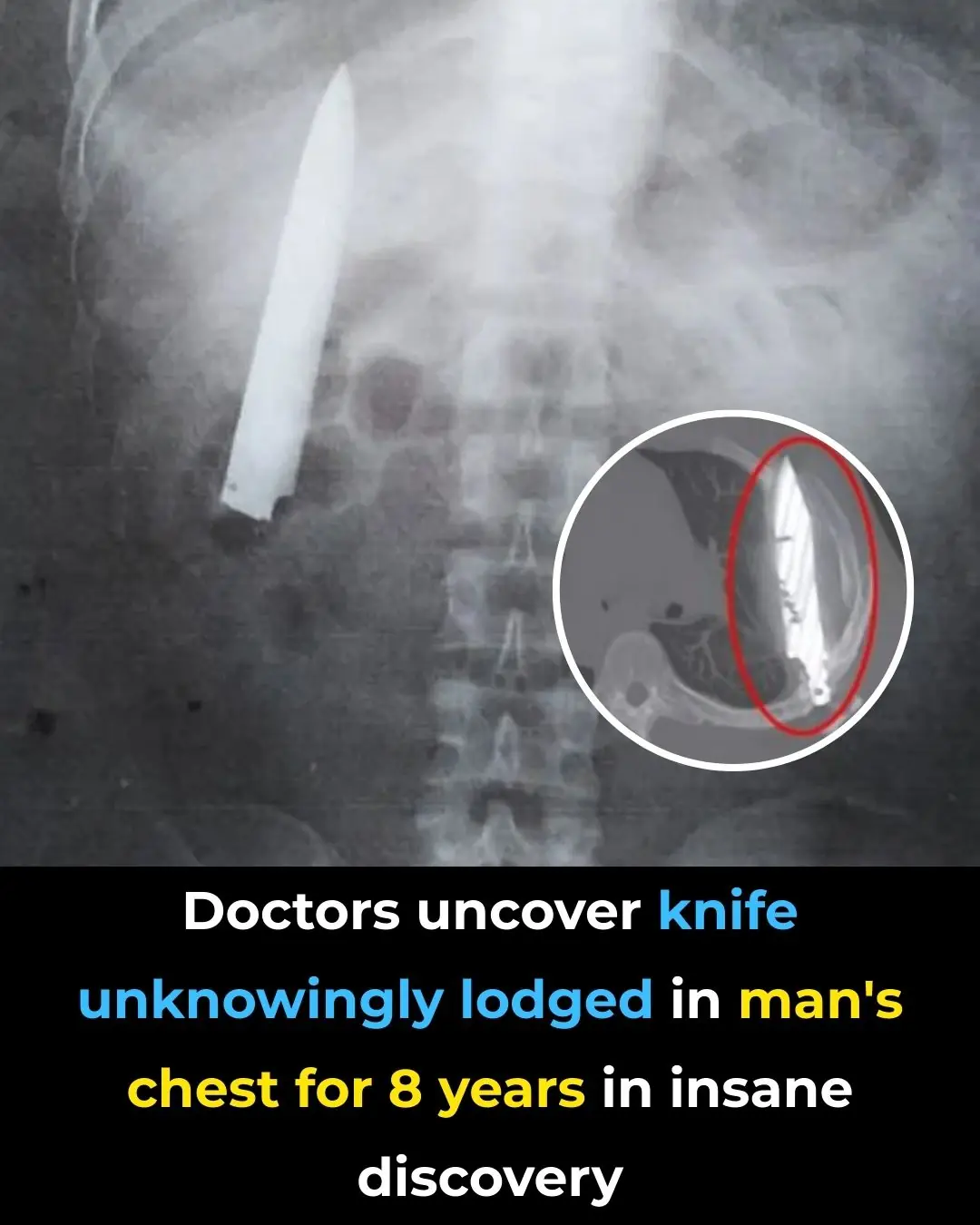
Doctors uncover knife unknowingly lodged in man's chest for 8 years in insane discovery
News Post

Why Your Legs Cramp at Night (And How to Fix It)

How to Use Rice Water for Gorgeous Hair and Skin (Detailed Instructions)

Beware: U.S. Salmon May Be Crawling with Japanese Tapeworm, Say Scientists

The Benefits of Chicken Feet Stewed with Black Beans – As Powerful as Ginseng

There are many cuts of beef, but only these 3 are considered the true “essence” – both chefs and butchers wholeheartedly agree!
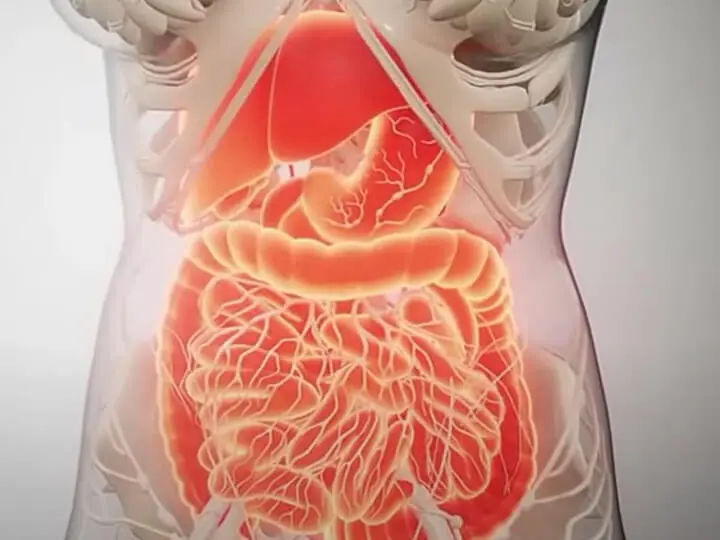
Colon Cleansing: How to Naturally Flush Your Colon at Home (Science-Based)
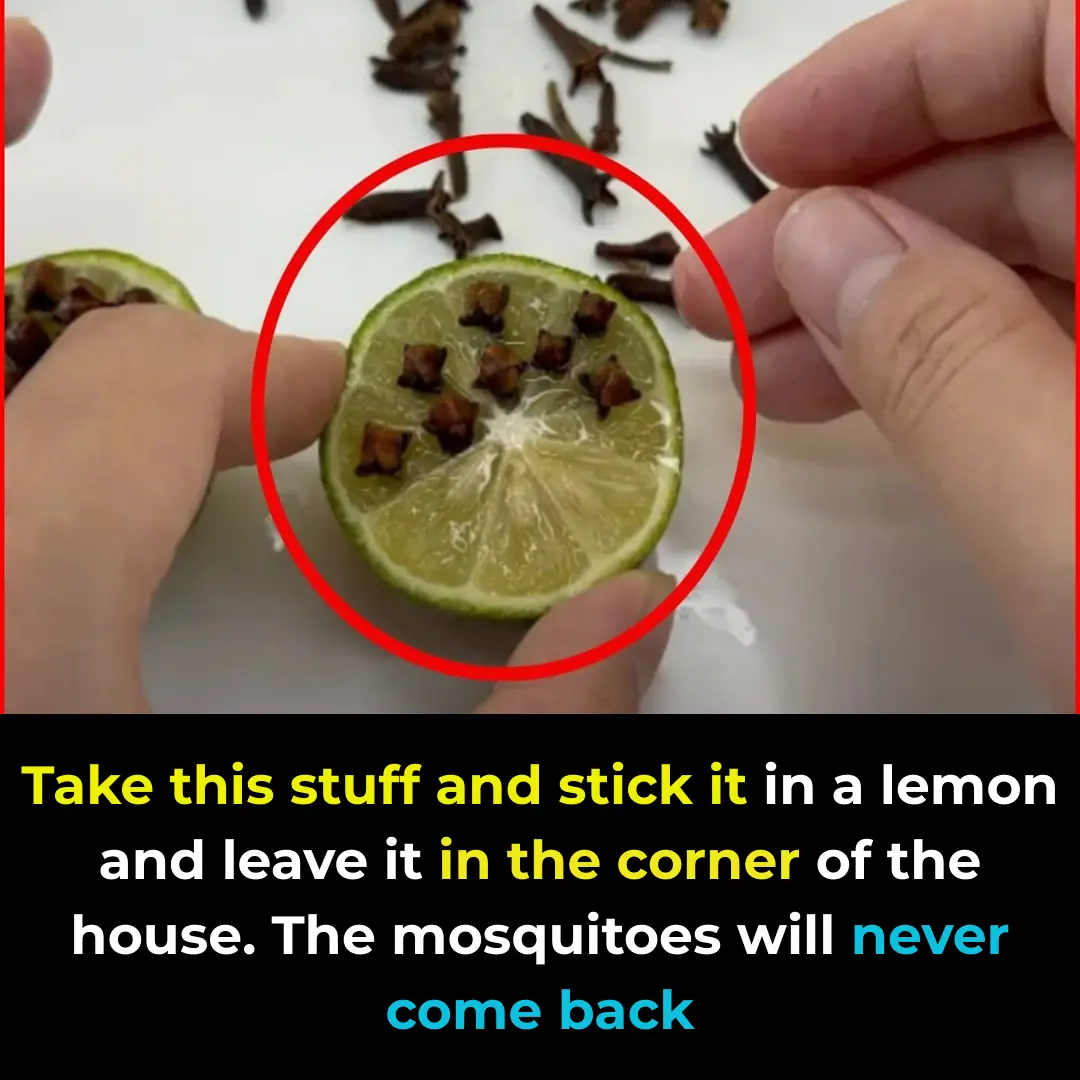
Put this into a lemon and place it in the corner of your house – mosquitoes will stay away for good
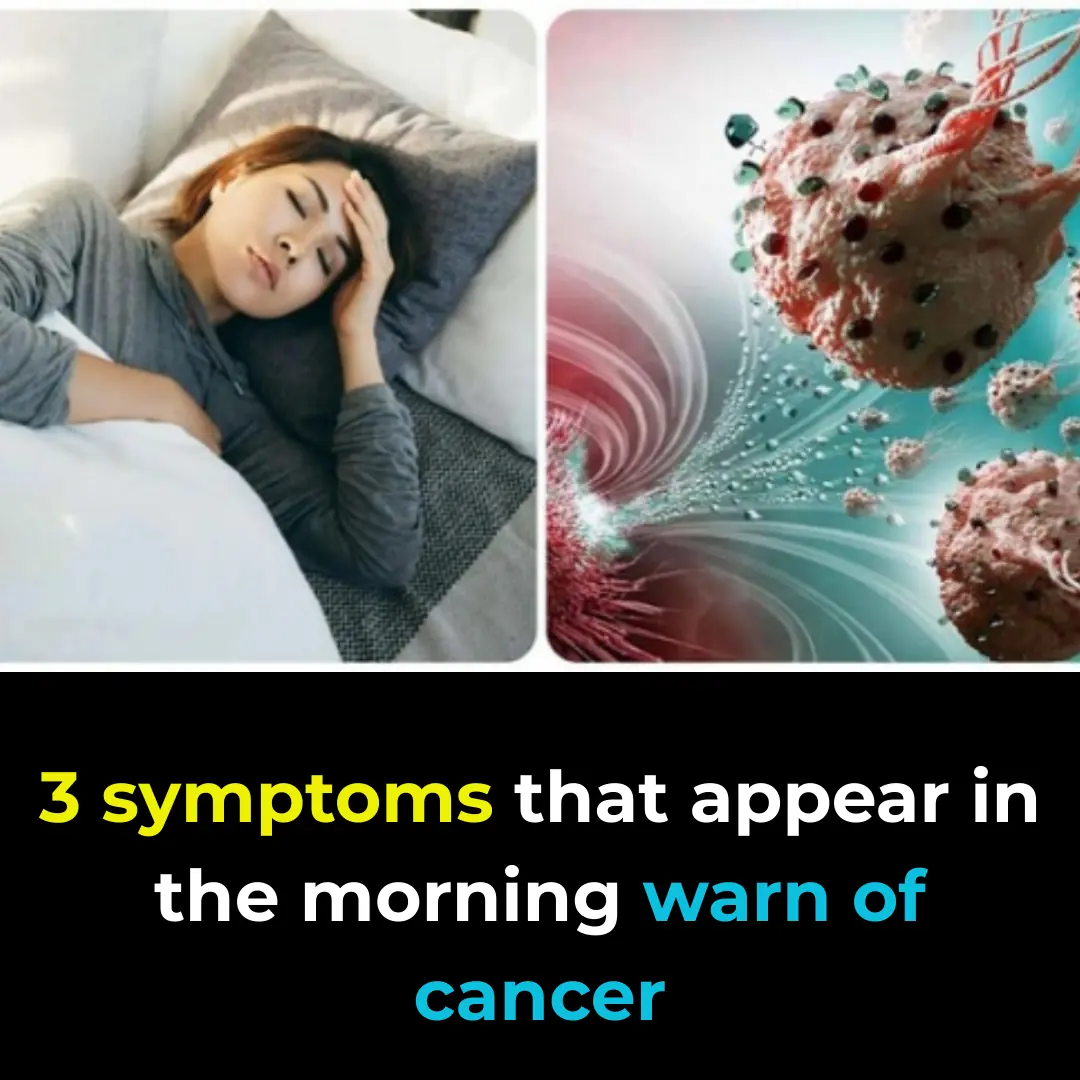
3 Morning Symptoms That May Signal the Onset of Canc3r
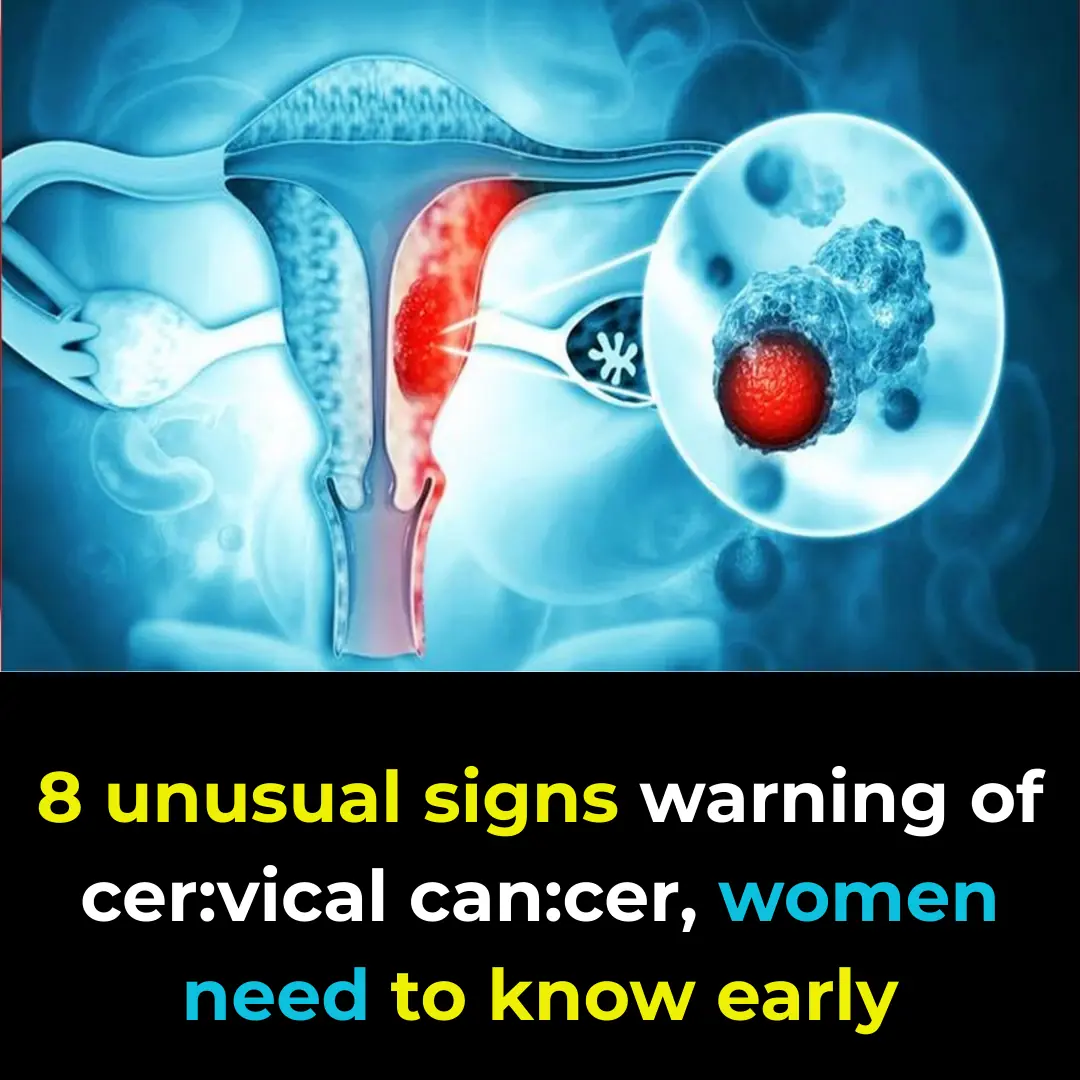
"8 abnormal signs warning of c3rvical canc3r that women need to recognize early"
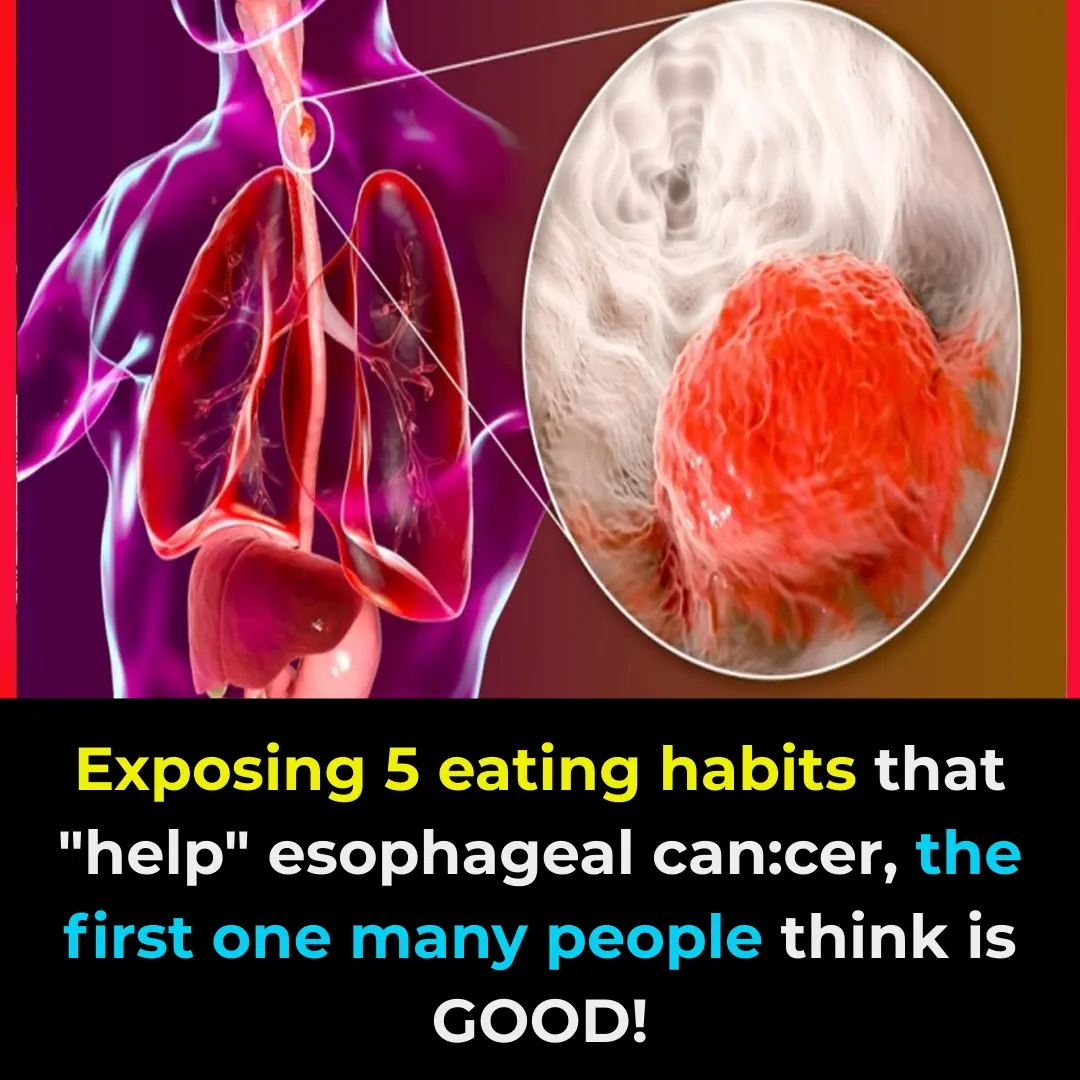
If you don’t correct these 5 harmful eating and drinking habits right away, sooner or later your esophagus will also be “ravaged” by cancer cells.

Is Your Air Conditioner Outdoor Unit Making Loud Grinding Noises? Use This Simple Trick to Make It Run Quietly Without Calling a Technician!

Urgent warning issued to travelers as China takes ‘covid measures’ after reporting 7,000 cases of Chikungunya virus
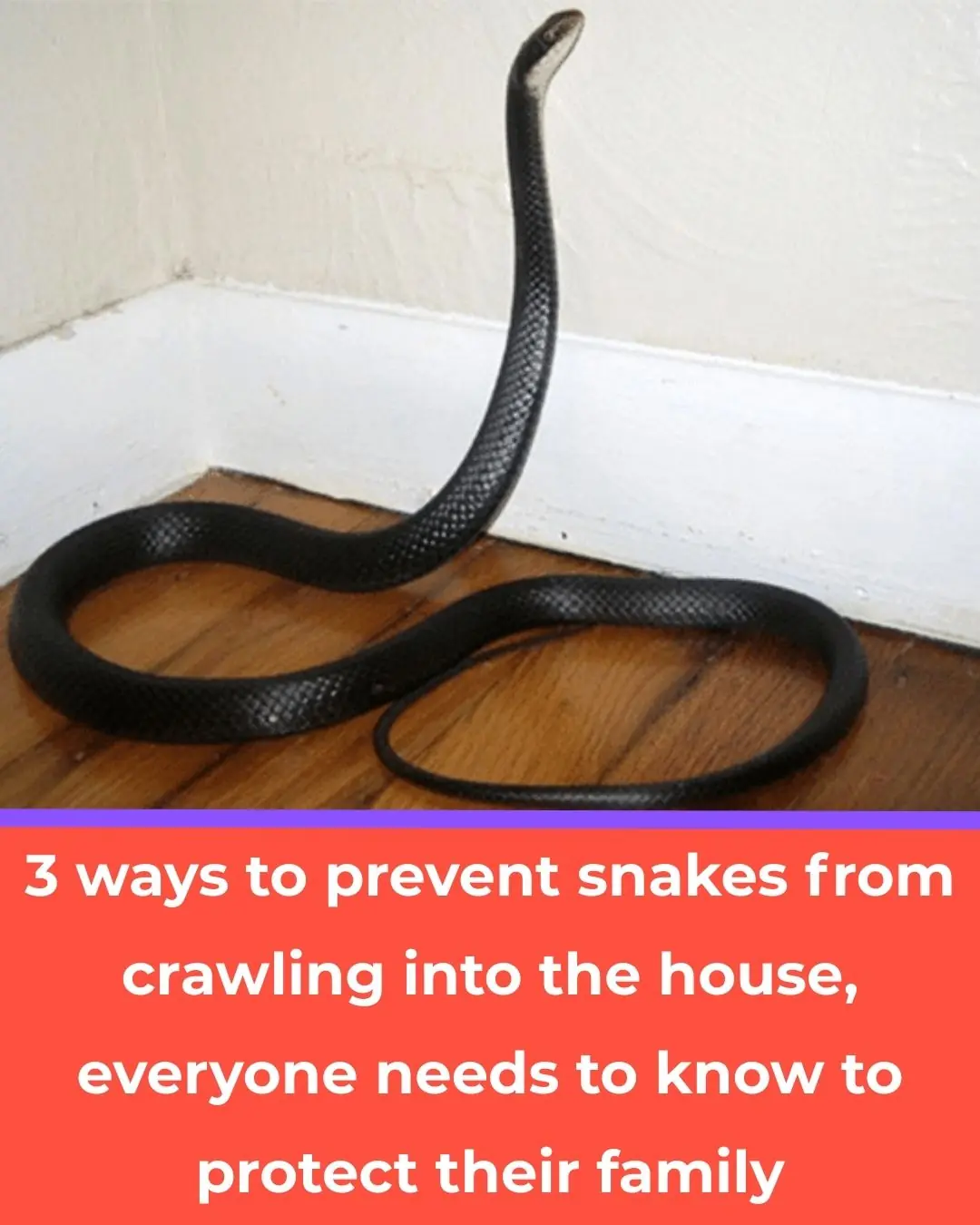
3 Effective Ways to Prevent Snakes from Entering Your Home Everyone Should Know to Protect Their Family
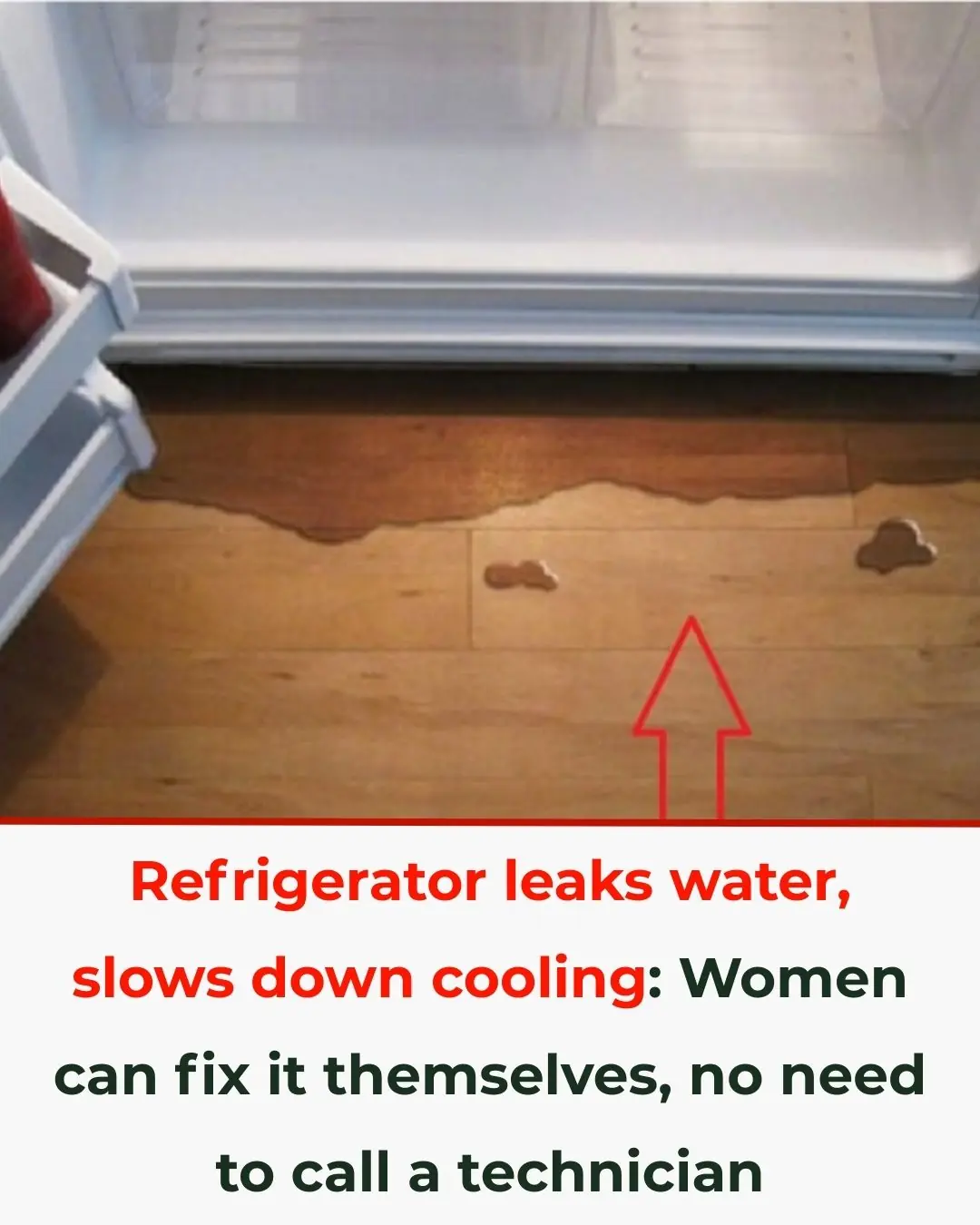
How to Handle Common Refrigerator Problems and a Surprising Lesson from American Toilet Habits
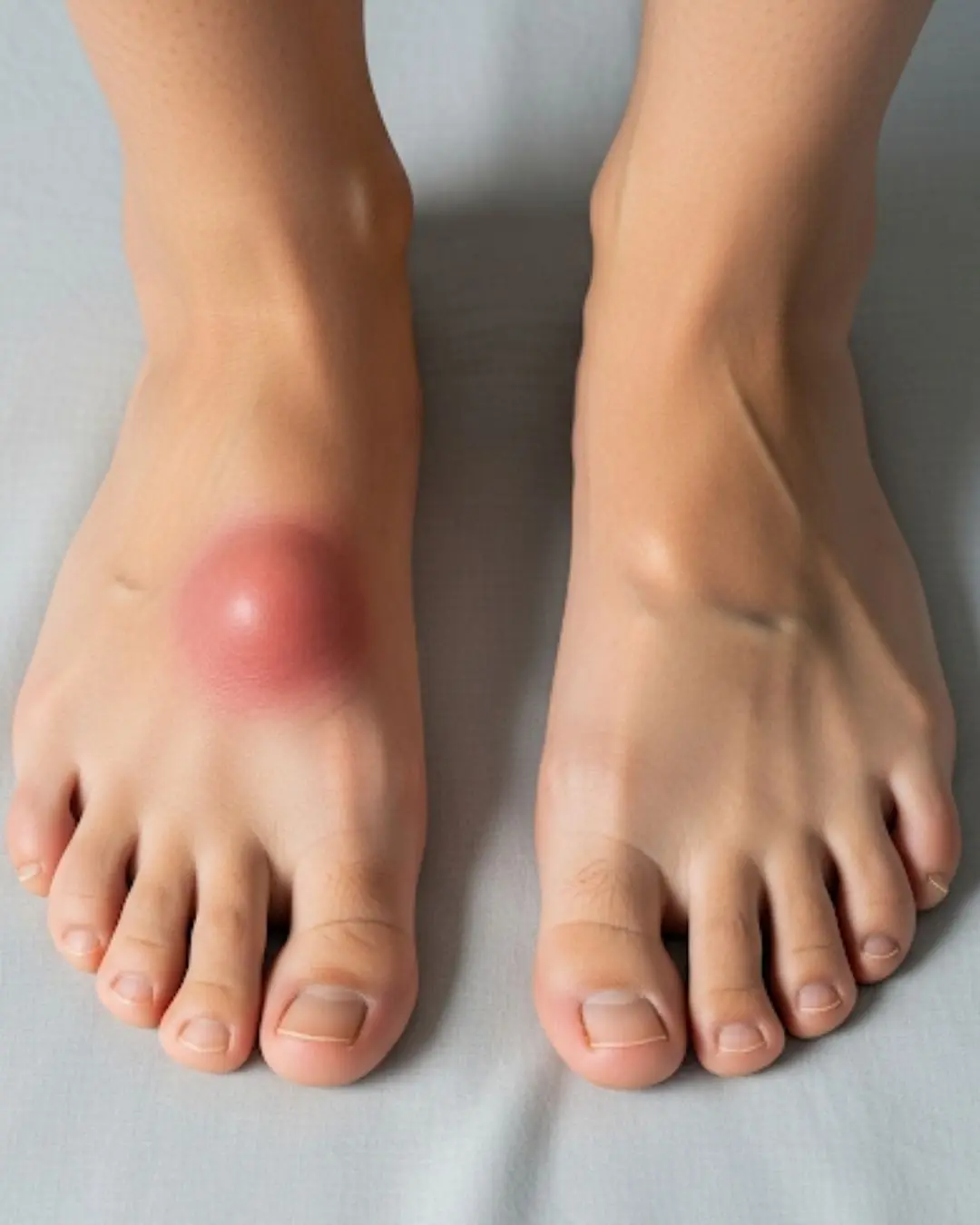
If Your Feet Swell It Is a Clear Sign

Why Doors in Public Bathrooms Don’t Reach the Floor
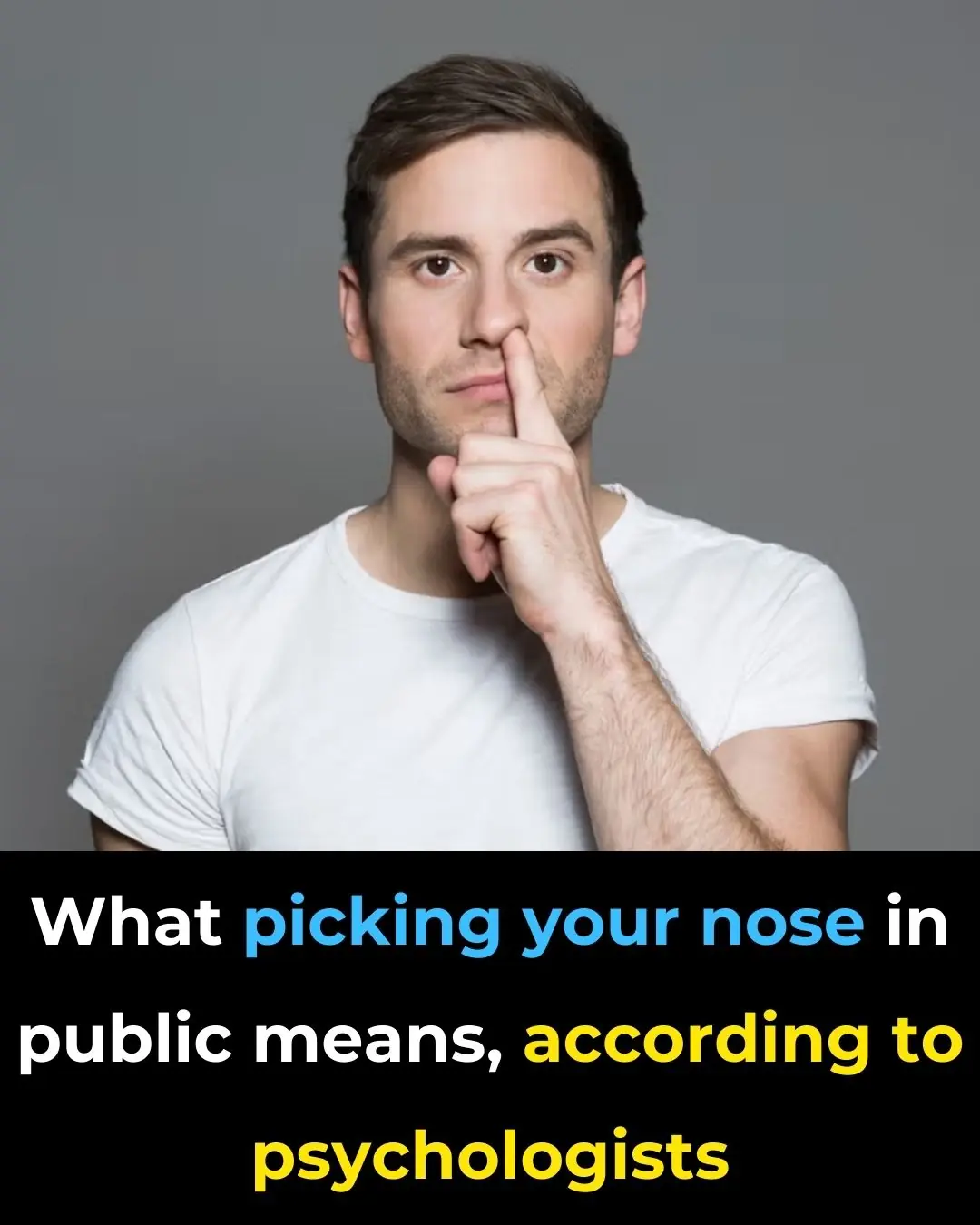
Nose Picking What This Taboo Habit Really Reveals About Us
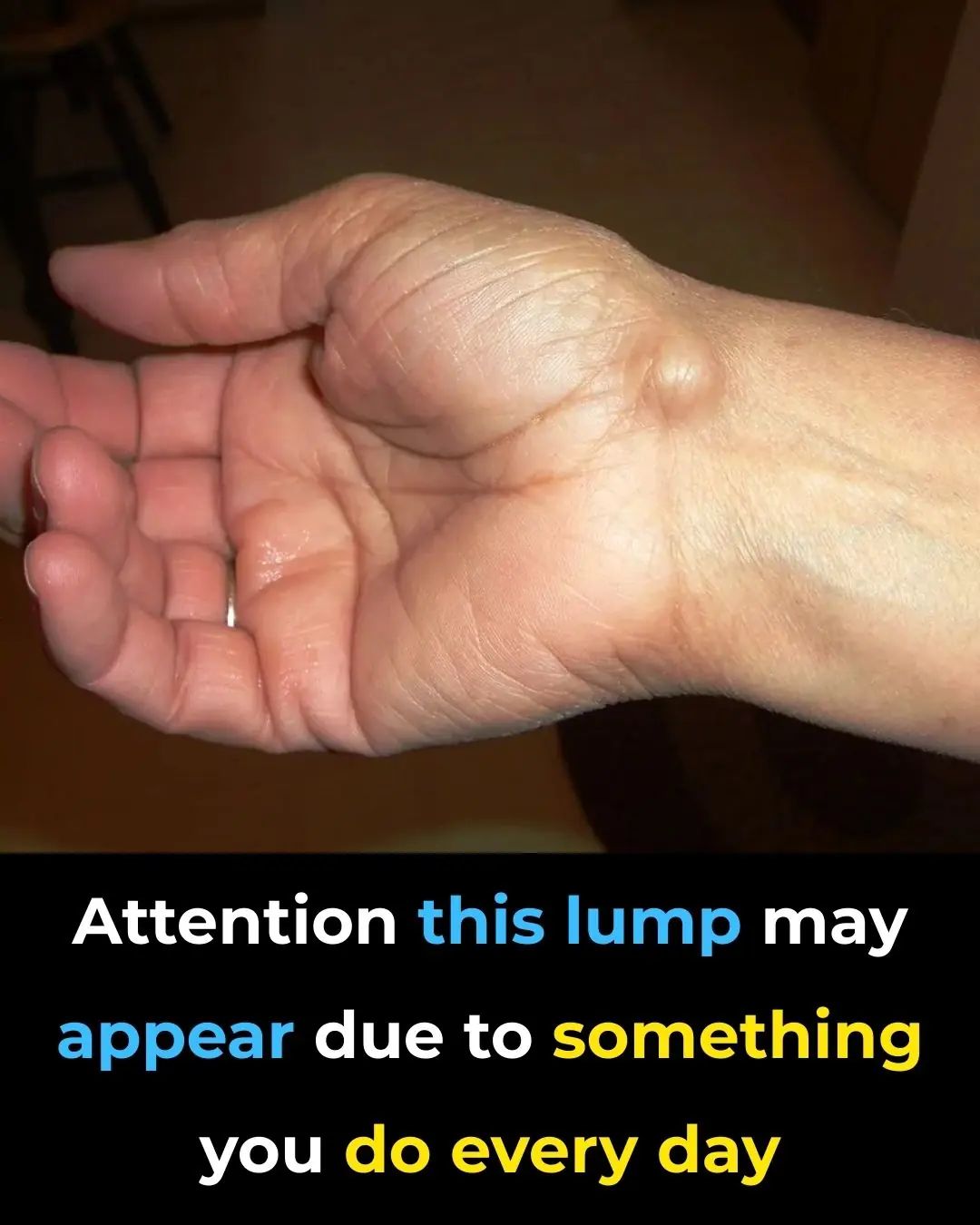
Everyday Habits That Can Cause a This Issue To Your Hands
